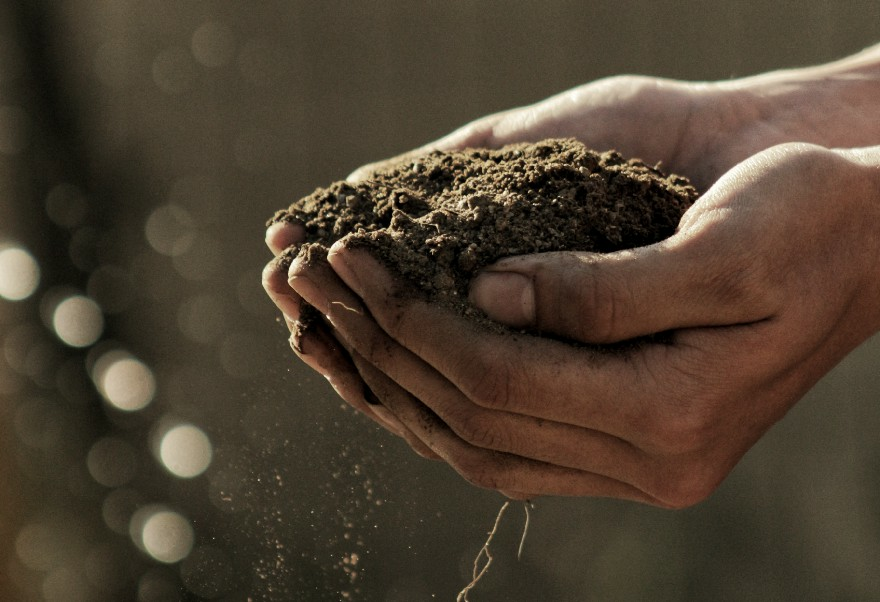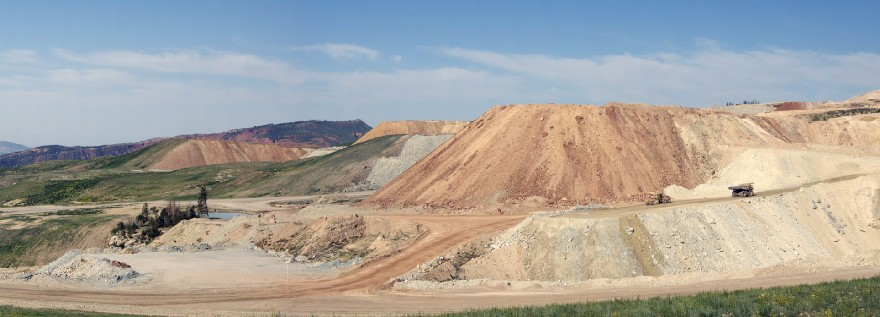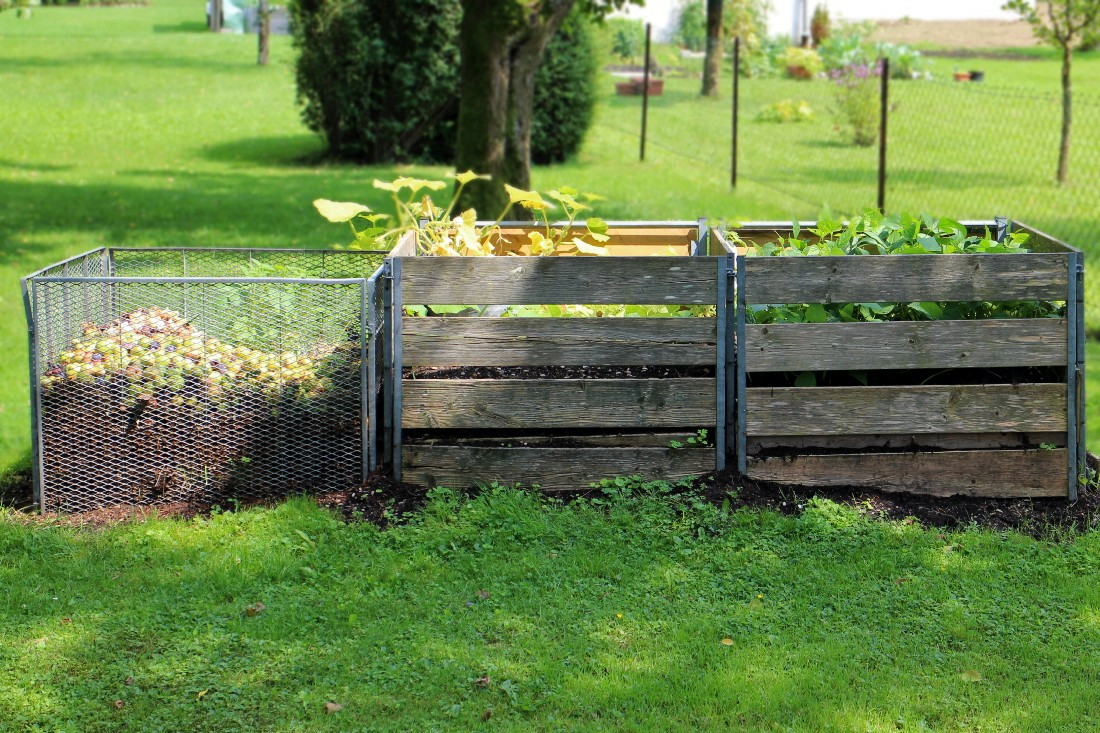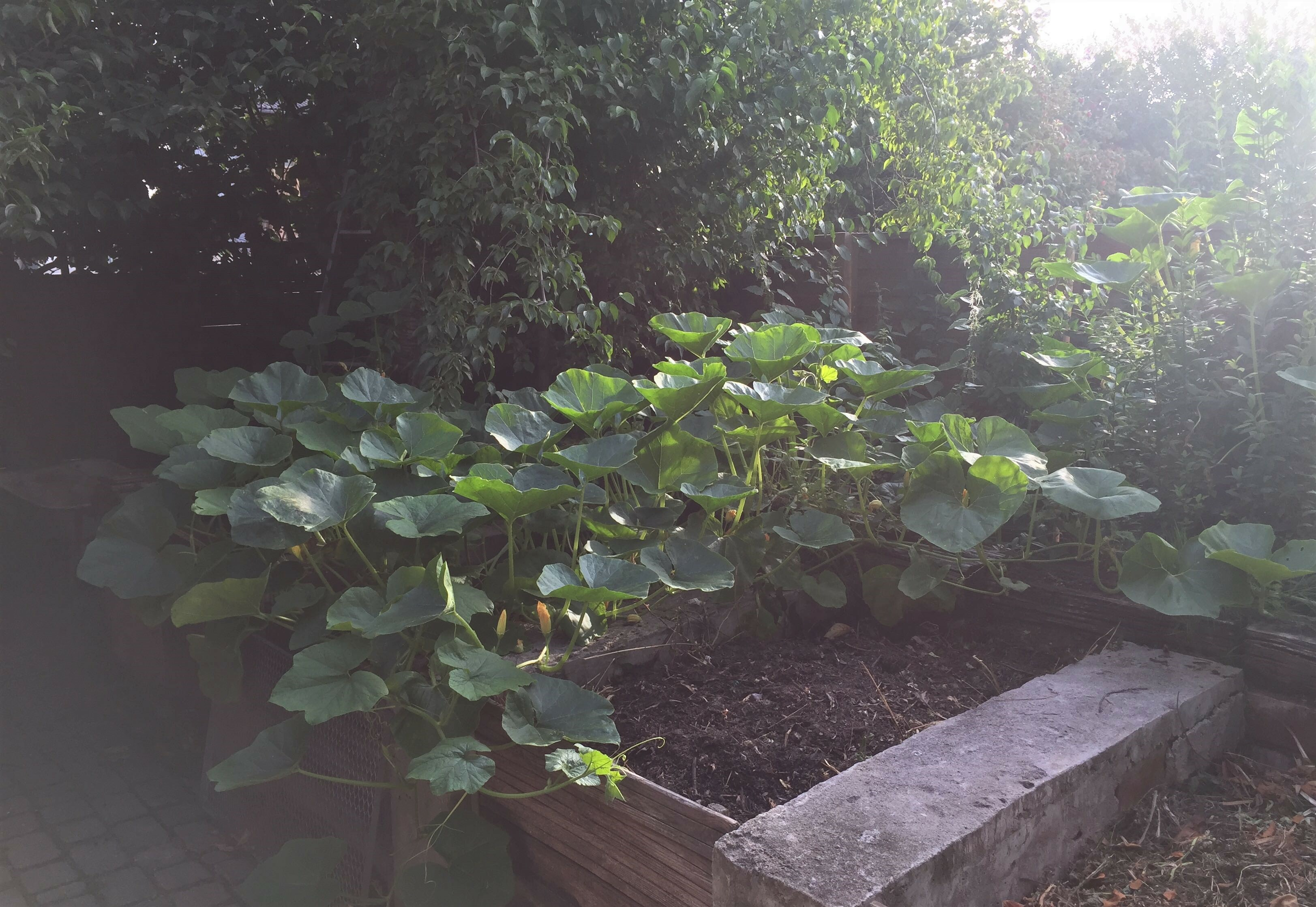Ecological and organic fertilization
A lot does NOT help a lot
Careless use of fertilizers harms biodiversity, groundwater quality and the climate. That is why we have compiled the most important information on fertilization for you here.
What does organic fertilization mean?

Organic material is everything that was once alive. The nutrients are fixed in complex compounds and are released over time as the fertilizer is processed by microorganisms in the soil. In an organically cultivated garden, you primarily feed the soil life, which in turn feeds your vegetable plants. This gives many organic fertilizers a long-term fertilizing effect. These include classics such as compost and manure, but also horn shavings, sheep's wool, bone meal or blood meal. You can achieve a faster fertilizing effect with home-made plant manure, e.g. from nettles.
Why not use mineral fertilizers?

Plants need certain chemical elements in order to grow. They can only absorb these in certain forms, and mineral fertilizers contain the nutrients in precisely this form. This may sound tempting at first, but due to their good solubility in water, a large proportion of them are washed out into the groundwater. As a result, they only have a very short-term fertilizing effect and damage groundwater quality. The production process for mineral fertilizers is also neither particularly energy-efficient nor sustainable.
Note:

- Avoid mineral fertilizers, use organic fertilizers instead
- Use slow-release fertilizers such as compost, manure or horn shavings
- Keep nutrient cycles short: Produce fertilizer yourself if possible
- Do not fertilize too much

